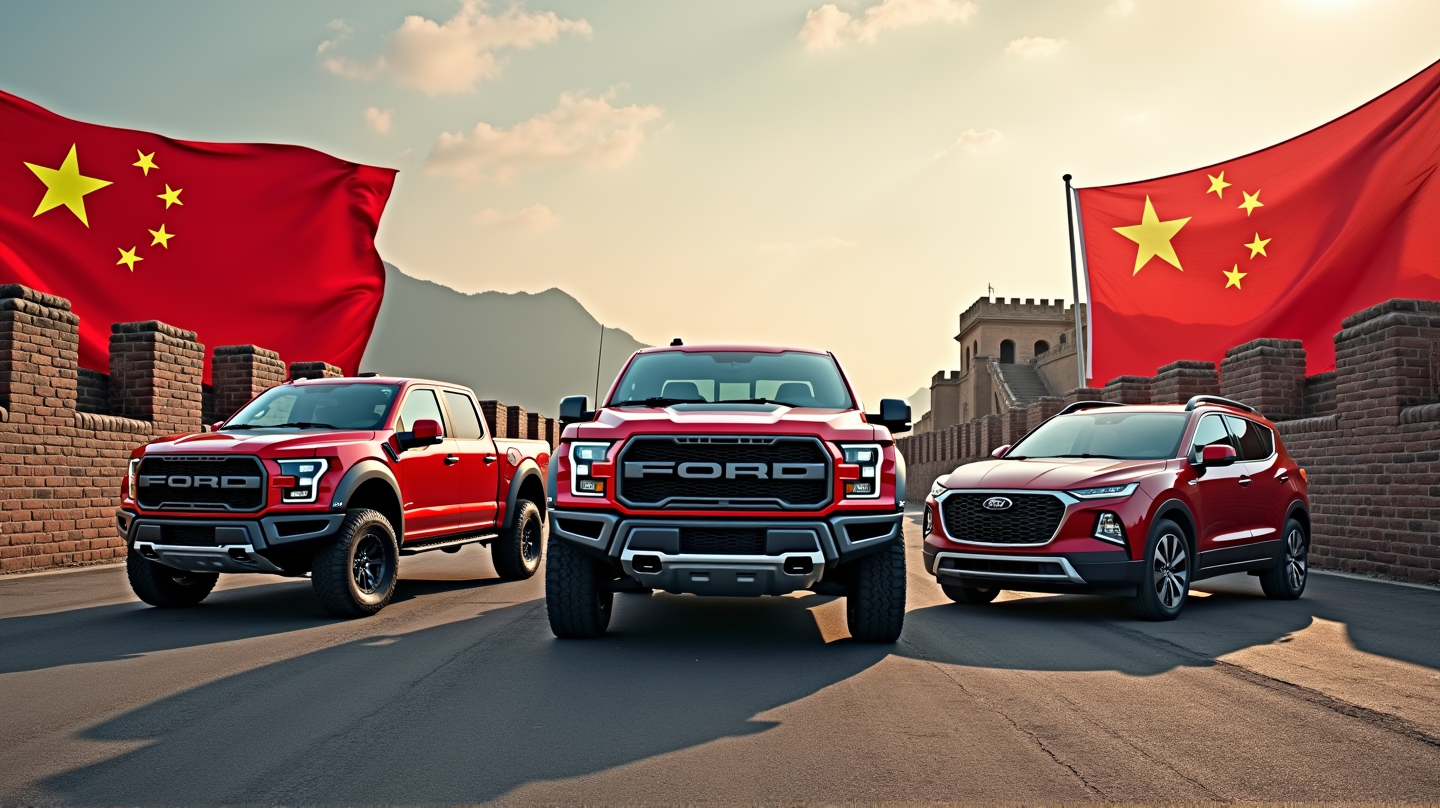In a surprising development, Ford has decided to halt the export of some of its most popular models—including the Ford F-150 Raptor, Mustang, and Bronco—to China. As an unavoidable response to the intensifying trade war between the USA and China, the decision marks a significant shift in Ford’s strategy on the global automobile stage.
The Burden of Tariff Hikes
Ford’s action comes as a direct consequence of escalating tariffs that have become a defining feature of the US-China trade relationship in recent years. “We have adjusted exports from the US to China in light of the current tariffs,” a Ford spokesperson informed AFP, echoing the challenges faced by automakers globally due to geopolitical tensions.
Impact on Ford’s Economic Landscape
The Michigan-made F-150 Raptor and other models have faced hurdles due to unprecedented tariff increases. Under President Donald Trump’s administration, US tariffs on Chinese goods surged, causing China to reciprocate with its duties on American exports. This tit-for-tat approach has placed foreign automakers, such as Ford, under severe financial strain, especially as the volume of cars exported from the US to China saw a dramatic decline in 2024.
Joint Ventures Persist Despite Setbacks
Despite the export cuts, Ford maintains a robust presence in China through multiple manufacturing joint ventures with local companies. These collaborations have been vital, allowing Ford to tap into the lucrative Chinese market from within, even as the US-based exports encounter barriers. According to the Wall Street Journal, however, some vehicles produced in China, such as the Lincoln Nautilus, are now facing heavy tariffs in the US, reflecting the complex nature of global trade in the automotive industry.
Financial Implications and Future Outlook
With a reported 2024 operating profit of approximately $900 million from Chinese ventures, Ford’s strategy in the region remains significant. While the halt in exports might be a temporary pause rather than a full stop, it underscores the challenging terrain automakers navigate amidst political upheavals.
According to NDTV, Ford’s decision to adjust its export strategy is a testament to the swiftly changing dynamics in international trade, emphasizing the need for automakers to remain adaptable and resilient amid a rapidly evolving geopolitical landscape.
